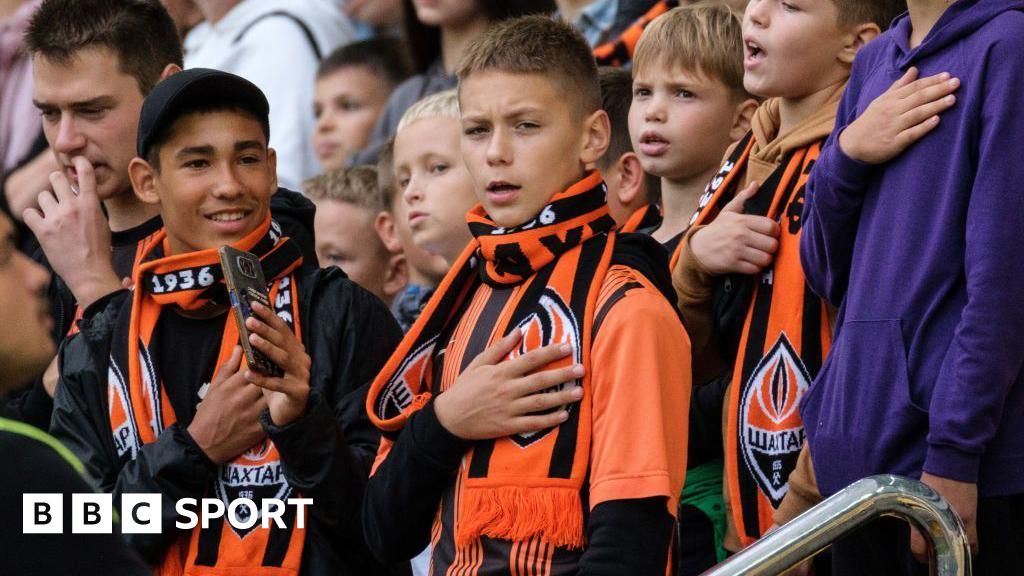When Ukraine voted for independence from the Soviet Union in 1991, Dynamo Kyiv emerged as the country’s footballing powerhouse, winning 11 of the first 13 Ukrainian Premier League titles.
Shakhtar’s first title came in 2002 but, since Palkin’s arrival in 2004, they have become Ukraine’s major force at home and abroad, winning the league 15 times and the Uefa Cup in 2009.
Being prolific in the Brazilian market helped. Between 2005 and 2009 Fernandinho, Jadson, Willian, Ilsinho, Elano and Luiz Adriano arrived and thrived in Donetsk, with only the departed Elano not featuring in the Uefa Cup-winning side.
Douglas Costa and Alex Teixeira joined the following year as Shakhtar’s recruitment continued to deliver, complementing those South American acquisitions with talents closer to home such as Armenia’s Henrikh Mkhitaryan.
“When we stayed in Donetsk it was quite easy to do this transfer policy,” explains Palkin. “We had peace in our country, an unbelievable football infrastructure and for us to sign any talent from any country was very easy.
“When we bring in a player, when he sees what kind of stadium we have, our training camp, the city, everybody signs the next day.
“Our success was in making decisions quite quickly. A lot of times we won [despite] competition from Manchester United, Arsenal, a lot of top European clubs, because we made decisions very quickly when we detected talents and made a decision to buy.”
In August 2009, with Beyonce performing on the opening night, Shakhtar unveiled their state-of-the-art, 52,000-capacity Donbas Arena. Just months after their historic continental triumph, the club were establishing themselves as one of the most competitive in Europe both on and off the field.
The stadium was also a key venue in the 2012 European Championship, hosting Spain’s semi-final win over Portugal. But two years later, it was empty.
In July 2014, six Shakhtar players refused to return to Donetsk following a friendly in France after pro-Russian rebels took control of the city. Among them were Costa, Teixeira and Fred.
They eventually returned once Shakhtar took the decision to relocate more than 600 miles west to use Kyiv as a training base, while playing games in Lviv.
There were, however, a handful of former players who wished to remain in Donetsk under the DPR, including former captain Viktor Zvyagintsev, who was on a Ukraine government website listing people it accused of terrorism by association with separatist rebels.
“When we left Donetsk it was very difficult,” explains Palkin, who last visited eight years ago. “We lost our local fans, we lost our beautiful stadium, because at that moment it was one of the best stadiums in Europe. We lost our city, we lost our [training] camp.
“The situation became tougher and tougher. It is today almost impossible to communicate with people that are there.”

